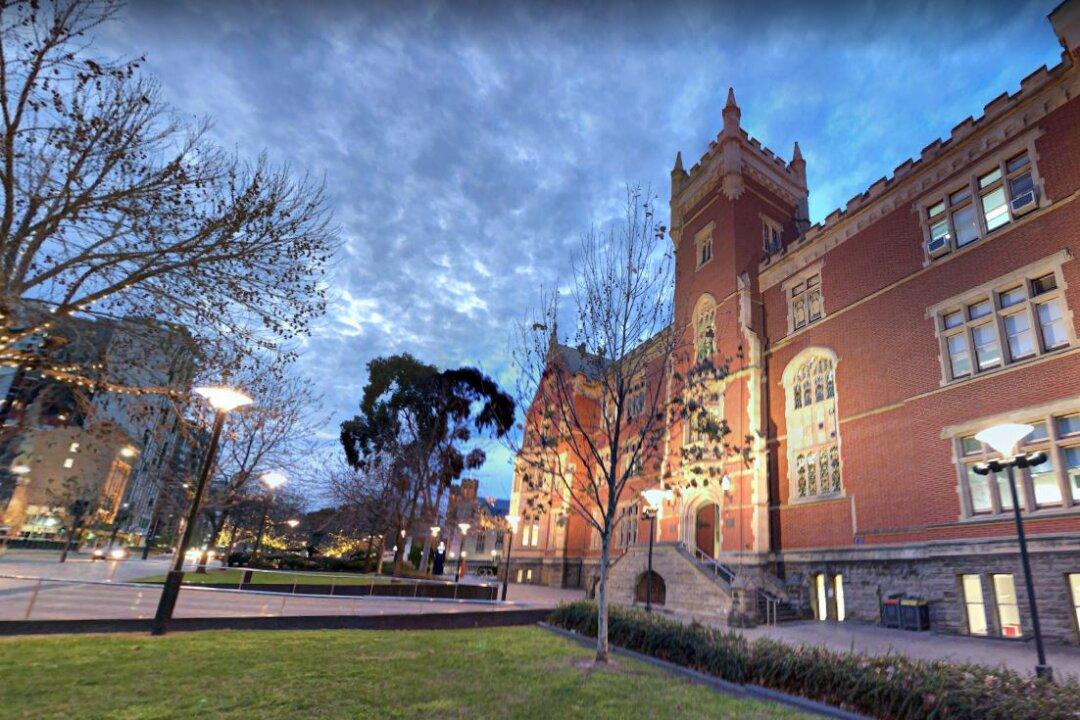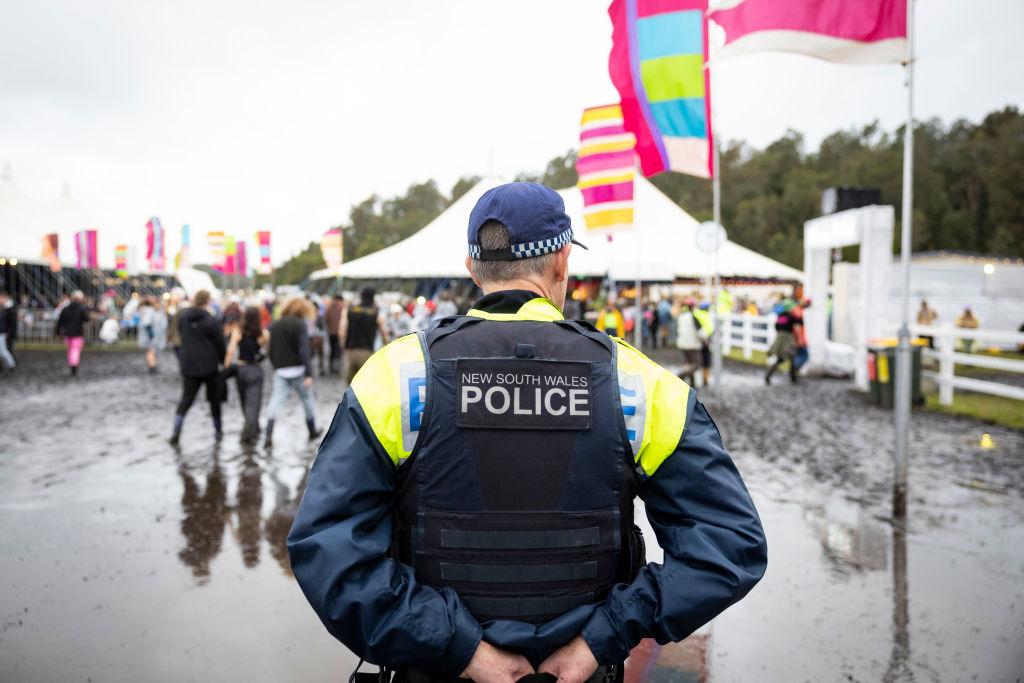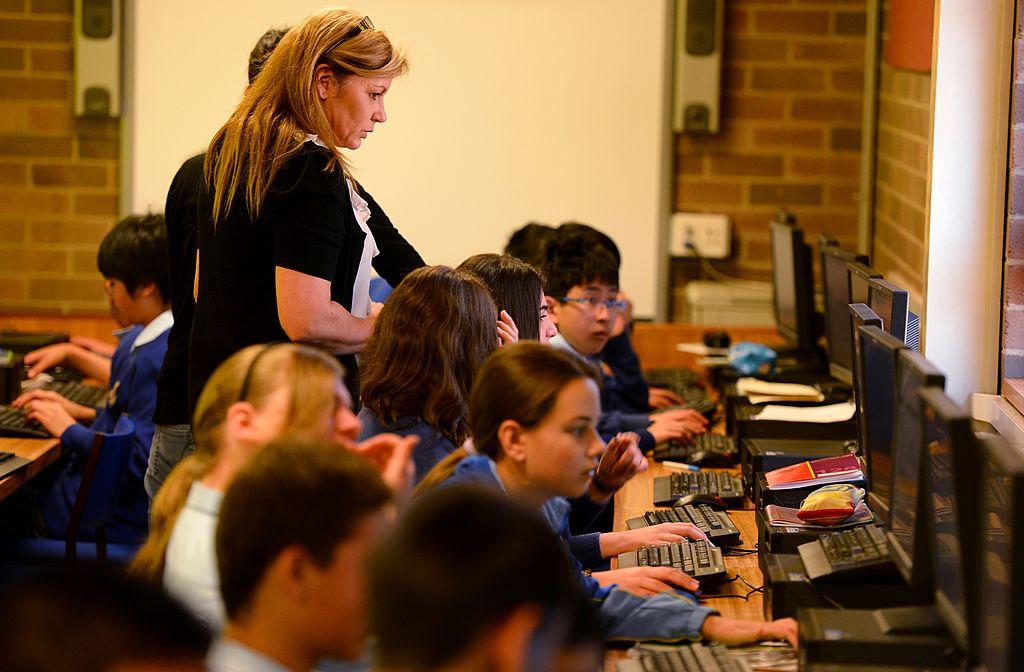Legislation to deliver Adelaide University through merging the University of Adelaide and the University of South Australia will proceed in Parliament on Oct. 19 after securing crucial cross-bench support.
South Australia’s Connie Bonaros MLC and Sarah Game MLC supported the Adelaide University Bill on Oct. 18 after a parliamentary committee found the amalgamation would likely advance the state’s economic and social interests.





